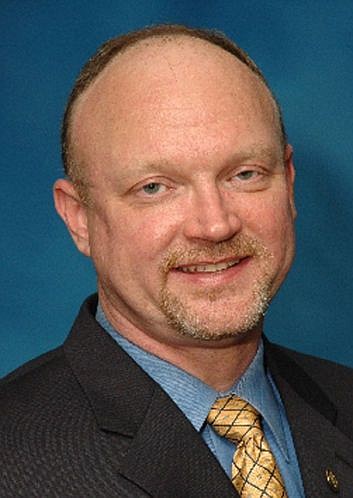
The state insurance commissioner said Wednesday the time might be right to end Florida’s “no-fault” auto insurance system, but lawmakers aren’t expected to focus on such a change during the 2016 legislative session.
Insurance Commissioner Kevin McCarty, appearing at a Florida Chamber of Commerce Insurance Summit at Disney’s Grand Floridian Resort, tossed out the idea of, “Let’s just repeal PIP and do nothing,” as a way to further reduce fraud in the personal-injury protection coverage system.
While some lawmakers have suggested replacing PIP with a requirement for bodily-injury coverage, McCarty said most motorists already have such coverage. As a result, lawmakers might not have to do anything to replace PIP, which is also commonly known as no-fault.
“I’m not so sure that I’m ready to move to a more litigious auto system, but I think one thing to consider, particularly if we get an adverse decision on PIP, let’s fix it or flush it,” McCarty said. “We have done everything to fix PIP you could have possibly have done. We’ve had seven sessions on PIP. … A $10,000 benefit, really. Is it worth this amount?”
Under the no-fault system, motorists are required to carry personal-injury protection coverage that includes $10,000 in medical benefits.
When lawmakers crafted legislation in 2012 to reduce fraud in the system, average motorists in Florida were paying $180 a year for the personal-injury protection portion of their auto coverage, according to the Office of Insurance Regulation. The state agency in January estimated the average no-fault annual payment stood around $125.
The law, which set benchmarks for insurers to lower rates on personal-injury protection coverage, continues to face legal challenges.
It required people involved in crashes to seek treatment within 14 days and allowed up to $10,000 in benefits for emergency medical conditions, while putting a $2,500 cap on non-emergency conditions.
A Leon County circuit judge in 2013 ruled the law illegally prevented injured people from using PIP coverage to pay for treatment by acupuncturists and massage therapists and limited the services from chiropractors. The ruling was eventually overturned. Still, some lawmakers believe the law will eventually fail a court challenge and have suggested the state replace PIP with bodily-injury coverage.
State Chief Financial Officer Jeff Atwater and Gov. Rick Scott championed the 2012 changes, saying that fraud, primarily in the Tampa and Miami regions, had resulted in the cost of auto-insurance coverage spiking for Floridians.
Atwater said Wednesday he wants to be convinced before calling for additional changes.